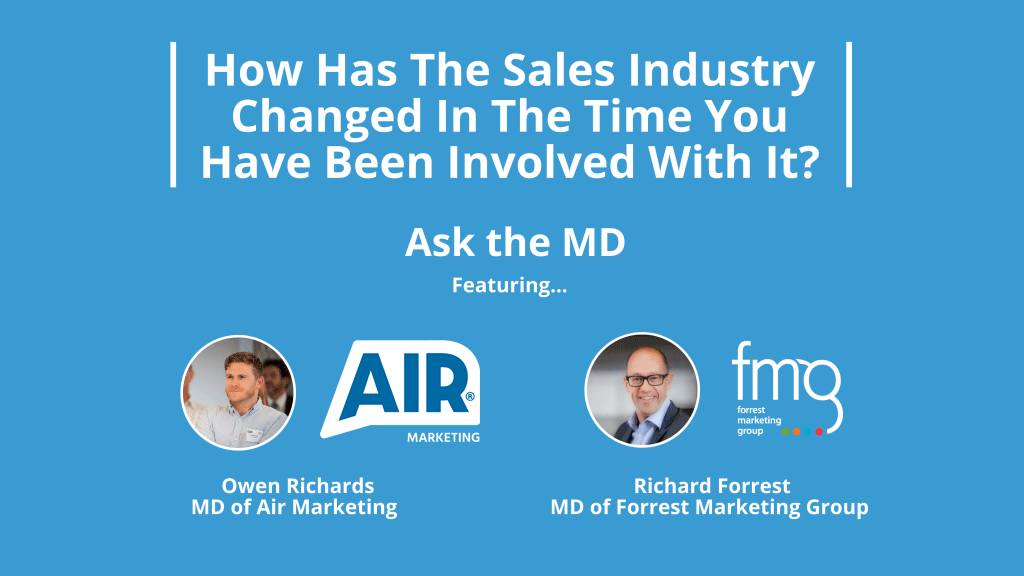When you’re starting out, it can feel like you’re running uphill on a treadmill. Clients are hard won, you never have enough resource and it’s difficult delivering everything on your desk, let alone focussing on the 6 month, 12 month or 3 year plans for growth.
In 2016, the UK registered the equivalent of 70 new businesses per hour – that’s 660,000 annually; data shows us that more than 50% of these businesses will not survive beyond 2021 (The Telegraph, 2019). So why are businesses that start out so promisingly, failing to see their 5th birthday?
An Entrepreneurs Network report reveals that nearly a third of the differences in productivity between the UK and US start-ups are linked to management practices. Businesses that are properly managed and benefit from expert advice, are able to drive better sales and recruit better talent.
A healthy pipeline is essential to every business, especially when you’re starting out. Making sales at the right price-point leads to long-term success and ensuring cash flow back into the business, to invest in marketing and product development. If there is market demand for your product, there is absolutely no reason why you can’t achieve the sales targets necessary for growth. Unfortunately, the reality is somewhat different, when companies are in their formation stages; it’s all hands on deck. Resource and headspace to focus on delivering an effective lead generation strategy and wider sales strategy seems like a pipe dream.
Part of the reason start-ups founded in brilliant, creative ideas then fail comes back to the fact that their leader, who is likely already wearing several professional ‘hats’, is not a sales specialist. The founder might be the face of the business and certainly needs to be hands on in all aspects of day-to-day operations, sales presentations and investor meetings. There is a myriad of benefits to outsourcing lead generation and sales prospecting to an expert provider. The main one being they have the expertise and resource to hit the ground running and start generating sales for you that will help secure the future of your business. The right provider will help you refine your target markets; your sales approach and build your brand awareness. And you can have some breathing space to focus on the here and now, knowing that activity that will benefit you down the road, is being taken care of by a trusted partner who will deliver for you and your customers and help you build a healthy pipeline.
Why Air?
At Air Marketing, we’re experienced in working with start-ups in all sectors to maximise their outsourcing budget to achieve their business objectives. We’ve worked with businesses at every point in their journey to leverage the best return on investment (ROI) for budgets that need to deliver real results.. We work with clients to create a tailored, blend of services that will deliver the best conversion rates in their desired market. If you’d like to hear more about how we can help your business grow or show you how we’ve helped businesses from all sectors achieve success. Get in touch today or call us on 0345 241 3038. Or hear more from our existing customers here.










